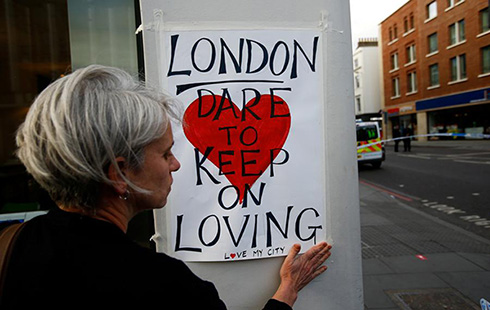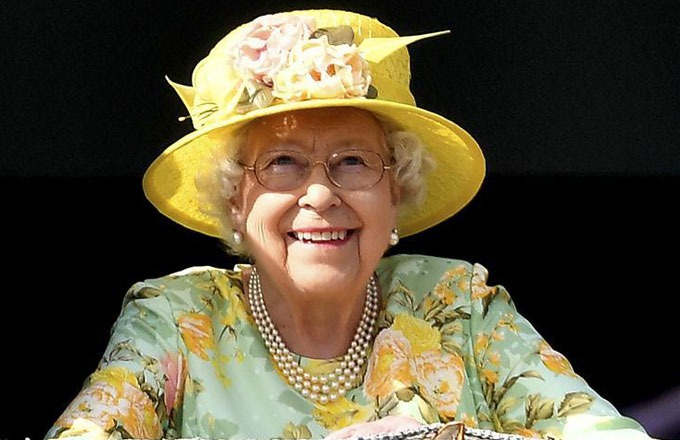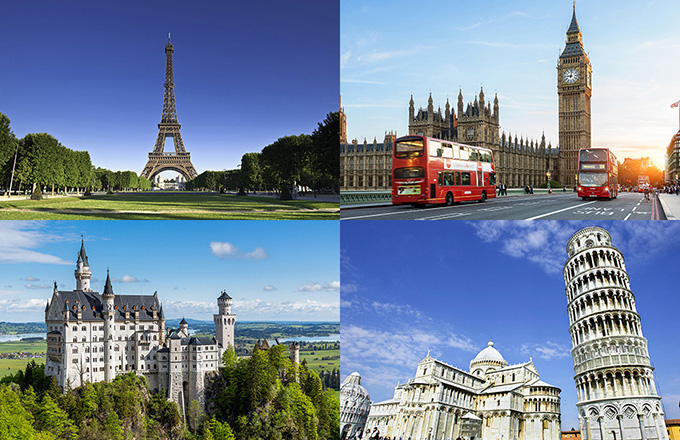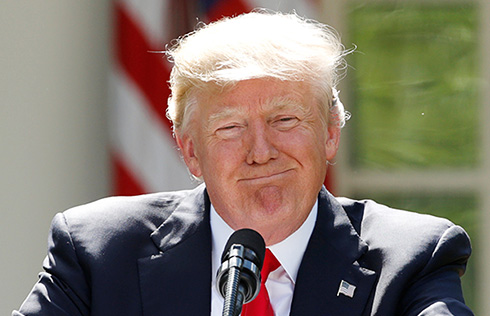Why escaping our concrete jungle is good for our people and planet
 |
|
Actress Li Bingbing. [Photo/VCG] |
All these advances are part of China's bid to build what it calls an "ecological civilization" - a resource-saving, environmentally-friendly society that recognises the environment for what it is: the foundation of our economies and our way of life. If it succeeds, then almost one quarter of our vast nation will be covered in forest by 2020. The country has already invested more than $100 billion in conservation efforts over the last 10 years. Its scientists are using cutting edge technology to identify places of high ecological importance in order to establish a series of protected areas across the country. China is testing a new metric, known as Gross Ecosystem Product, to measure the contribution of nature to human well-being. I believe my country is beginning to reconnect with its traditions; with its ancient thinkers who encouraged humans to live in greater harmony with the natural world. Somewhere along the line, we forgot this. But if we know one thing about humanity, it's that when we set our minds to something anything is possible!
China has also begun to show strong leadership in the field of wildlife protection, which is very near and dear to my heart. It pledged to ban the commercial trade in ivory by the end of the year and has already started this implementation. Conservationists in Africa, where the ivory trade fuelled the slaughter of an estimated 100,000 elephants in a three year period alone and reduced the forest elephant population by 60% in a decade, say the move has already started to have a major impact on the poaching cartels responsible for the killing: the price of ivory has slumped as has the amount paid to poachers.
I am extremely proud of this victory. Campaigners have worked tirelessly for years to raise awareness about the scale of the slaughter in Africa, the corruption the ivory trade fuels and the global criminal networks it finances.
Last year, I helped to launch a massive campaign with UN Environment that seeks to end the illegal trade in wildlife by inspiring people to make choices that don't drive species to extinction. The Wild for Life campaign has already reached over 1 billion people around the world in eight languages, inspiring 12,000 pledges of action and 4.5 million social media interactions. It was also awarded by Weibo (Chinese Twitter) as one of the top 10 most influential advocacy campaigns for 2016.
For me, all this is proof that individual choice and raised public awareness has immense power to affect change. That's why I'm so excited about this year's World Environment Day, which will call on all of us to take time out of our busy daily routines to connect with nature, with the slogan "I'm With Nature." This can be as simple as visiting our nearest park or taking a stroll in a public garden to remind ourselves of nature's beauty and the health benefits it brings. It can mean planting a tree, creating an urban garden,, savoring a few fresh basil leaves from our herbs or hanging plants on our balconies to help maintain the insect-variety of wildlife in our cities.
To support their citizens' efforts on June 5, governments can organize beach clean-ups, encourage citizen science projects, ask schools to take their pupils on nature outings or incentivize people to visit national parks. Canada, which will host World Environment Day will make entrance to its national parks free for a whole year! Others should follow suit.
Ancient philosophers understood the importance of living in harmony with nature. They knew what science is starting to prove: that connecting with nature is good for our well-being. It is time we began to act on this wisdom once more. We owe it to ourselves and to the environment, which, if looked after properly, will continue to look after us long into the future.
So for World Environment Day, I ask you to notice nature—close to home or further afield and share how you are #with nature at www.worldenvironmentday.global.


















